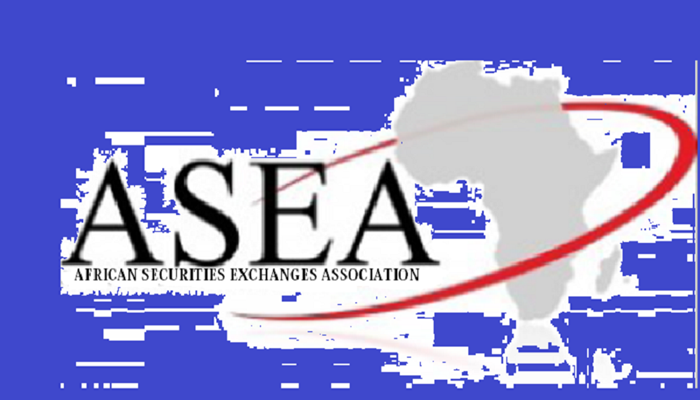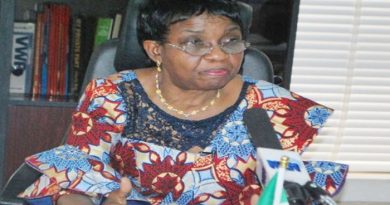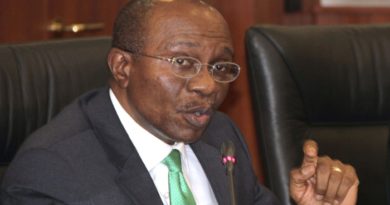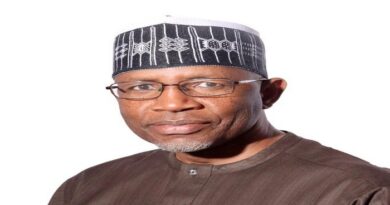African fund managers look for governance in new markets
Governance, good regulation and availability of market data and prices help African fund managers decide on investing into other African markets, according to a survey of 50 African asset-managers for the African Exchanges Linkage Project (AELP) project.
According to press statement by the Nigerian Stock Exchange (NSE), “key factors when they choose new markets are: market regulation (91% of replies), followed by investor regulation and availability of market data and prices (90% each).
“Other top criteria that help fund managers choose where to invest are: levels of dealing price, efficiency of execution and commission (86%), the quality of companies and investment opportunities (also 86%), corporate, social and governance criteria (84%) and availability of research (80%).
“Three quarters of investors said they were reluctant to invest in small and illiquid markets or where valuations are excessive. Only half decide to invest in a company based on its dividend policy, while valuation and governance are the top factors.
“Asset managers in Nigeria and the francophone West African countries are the most optimistic about prospects for Africa’s economies. In the AELP poll, some 97% of the surveyed Nigerian asset managers are optimistic about the continent, with average assets of $364 million under management, followed by 85% of surveyed francophone asset managers, who averaged $416 million of assets managed. Average across all the survey respondents, including a couple of South African managers, was $4.1 billion in assets under management.
“Optimism is also strong among asset managers surveyed in Mauritius (80% optimistic), Morocco (73%), Nairobi and Egypt (each with 65% of responses optimistic). Nearly half (46%) of respondents manage assets with investment horizons over five years, another 23% for three to five years.
“The results of this survey confirm the high level of professionalism of African fund managers using world-class standards and criteria in their decision-making. This is really reassuring for the success of the AELP initiative,” says Dr. Edoh Kossi Amenounvé, President of ASEA.
“The poll evaluates the appeal of different investment markets in the AELP, which brings together seven leading African securities exchanges to boost trading, investment and information links. AELP is procuring a technology platform to link stockbrokers, so that a broker on one exchange can send investors’ orders to an executing broker on another exchange for execution.
“The AELP is a joint initiative by the African Securities Exchanges Association (ASEA) and the African Development Bank to unlock Pan-African investment flows, promote innovations that support diversification for investors, and address depth and liquidity in the markets. It is funded by the Korea-Africa Economic Cooperation (KOAFEC) Trust Fund through the African Development Bank.
“The AELP exchanges are: Bourse Régionale des Valeurs Mobilières (BRVM, integrating eight West African countries), Casablanca Stock Exchange, The Egyptian Exchange, Johannesburg Stock Exchange, Nairobi Securities Exchange, The Nigerian Stock Exchange and Stock Exchange of Mauritius.
“Cross-border trading between the seven markets totalled $1.1 billion in 2019, and was at over $500 million in the first quarter of 2020, according to the participating markets. The “African Listed Securities” assets across these exchanges offers equities investments in more than 1,050 companies, including Africa’s most promising, profitable companies and global leaders. Investors will also buy or sell bonds, exchange-traded funds (ETFs) and derivatives if they are listed on the participating Exchanges.
“ASEA supports African economic integration and the African Continental Free Trade Area. The AELP will promote free movement of capital and investment”.
The African Securities Exchanges Association is the premier association of the 25 securities exchanges in Africa who have come together with the aim of developing Member Exchanges and providing a platform for networking. ASEA was established in 1993 and works closely with its Members to unlock the potential of the African Capital Markets,
Its vision is to enable African Securities Exchanges to be key significant drivers of the economic and societal transformation of the year 2025, with the vision to provide a forum for mutual communication, exchange of information, co-operation and technical assistance among its members, to facilitate the process of financial integration within the region for the effective mobilization of capital to accelerate economic development of Africa.




